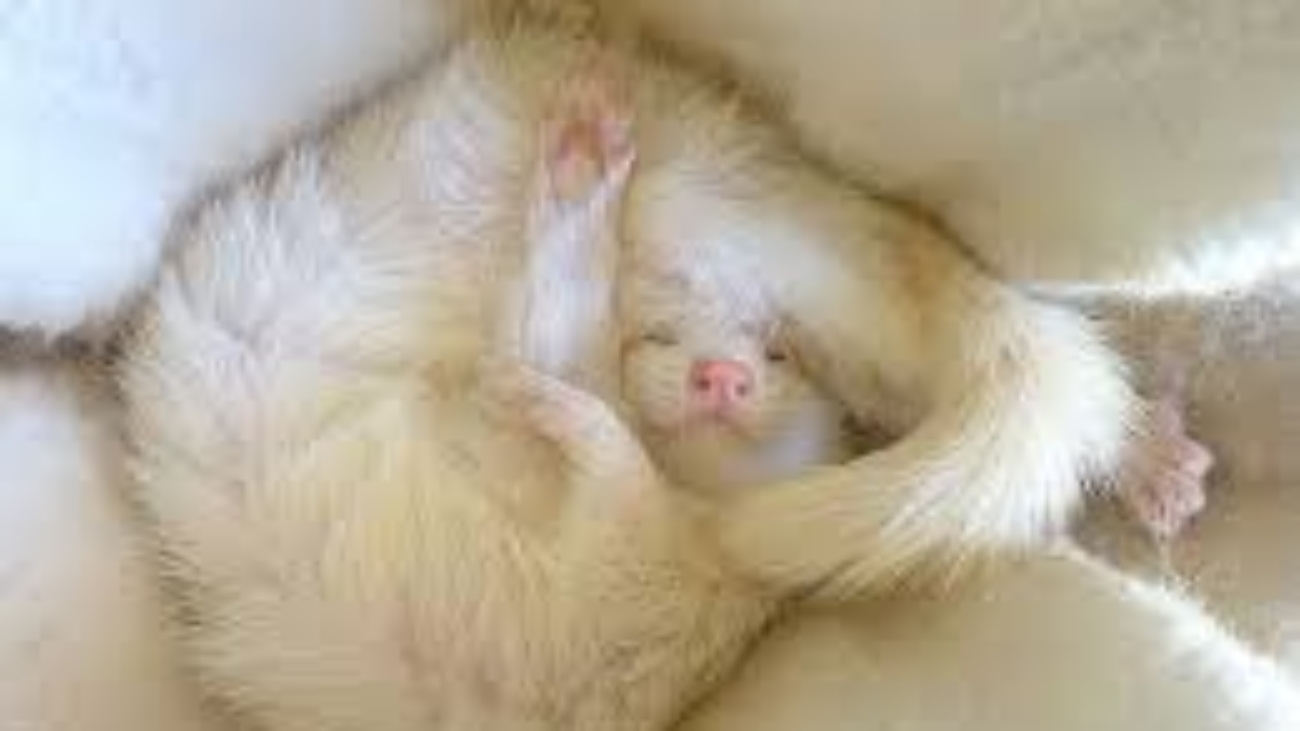Ferret Animal Pet, Ferrets are fascinating creatures that have gained popularity as household pets in recent years. Their playful nature, curious demeanor, and affectionate personality make them delightful companions for many animal lovers. Let’s delve into what makes ferrets unique as animal pets and how to care for them.
Ferrets as Pets
Ferrets belong to the Mustelidae family, which also includes otters, weasels, and badgers. They are domesticated versions of the European polecat and have been kept as pets for centuries. One of the reasons ferrets make great pets is their social nature. They are highly interactive animals that enjoy playing with their owners and other pets.
Playful Nature
One of the first things you’ll notice about ferrets is their boundless energy. They love to explore their environment, investigate new smells, and engage in playful antics. Ferrets are known for their “dooking” behavior, a playful sound they make when excited. This playful nature makes them entertaining companions, especially for households with children or other pets.
Affectionate Companions
Despite their small size, ferrets have big personalities and form strong bonds with their human companions. They enjoy cuddling, snuggling, and even sleeping with their owners. Many ferret owners describe them as affectionate and loving pets that bring joy and laughter to their lives.
Ferret Care
While ferrets make wonderful pets, they require specific care to ensure their health and happiness. Here are some key aspects of ferret care:
- Housing: Ferrets need a spacious cage with multiple levels for climbing and exploring. The cage should have a solid floor to prevent injuries to their feet.
- Diet: A balanced diet is crucial for ferrets. They are obligate carnivores, which means their diet should consist mainly of meat-based foods. Commercial ferret food or high-quality cat food can provide the necessary nutrients.
- Exercise: Ferrets are active animals that require daily exercise and mental stimulation. Provide them with toys, tunnels, and opportunities to explore outside their cage under supervision.
- Grooming: Ferrets have a sleek coat that requires regular grooming. Brushing their fur helps prevent matting and reduces shedding.
- Veterinary Care: Regular veterinary check-ups are essential to monitor your ferret’s health and address any potential issues early.
Ferret Myths and Misconceptions
Despite their popularity, ferrets are sometimes misunderstood. Here are a few myths debunked:
- Ferrets are wild animals: Ferrets are domesticated animals bred specifically for companionship. They are not wild animals like their polecat ancestors.
- Ferrets are aggressive: With proper training and socialization, ferrets are friendly and gentle pets. They rarely exhibit aggressive behavior unless provoked or mistreated.
- Ferrets smell bad: While ferrets have a musky odor, regular cleaning and proper hygiene can significantly reduce any unpleasant smells.
In conclusion, ferrets are charming and affectionate pets that bring joy and companionship to their owners. With the right care and attention, they can thrive as playful members of the family.

